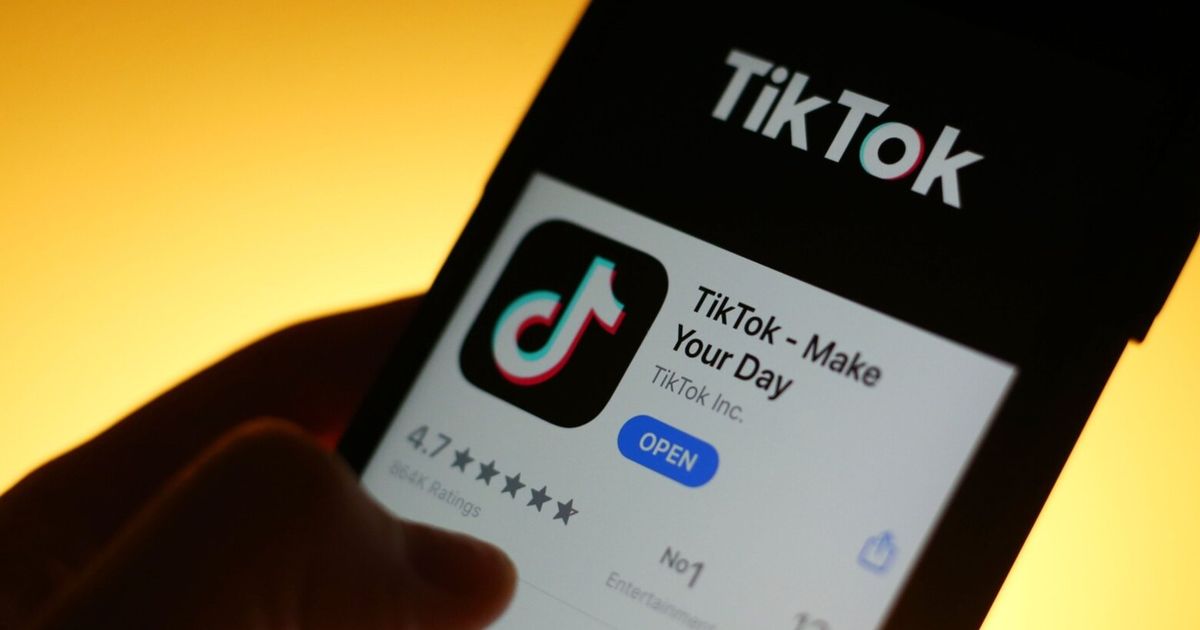
On Nutrition
Whether you celebrate Christmas, Hanukkah, Kwanzaa, the Winter Solstice or Festivus (for the rest of us), the holidays have the potential to be magical. But if you like to scroll through social media, the ads showing up in your feed may be more like the Grinch stealing your money and your self-worth.
Earlier this month, I noticed a palpable change in the ads (sponsored posts) showing up in my feeds, Instagram in particular. Some were ads for “miracle” anti-aging skin creams, or for supplements that claim to cure a laundry list of complaints (Psoriasis! Brain fog!). But most of this new crop of ads were promoting, you guessed it, weight loss. As we inch closer to the new year, diet and “wellness” companies, influencers and entrepreneurs want to sell you on the idea that you aren’t thin enough, young enough or healthy enough, and that they alone have the magic solution.
One ad featured a former A-list male actor singing and dancing (really) about some “medical” weight-loss plan. There were ads promoting intermittent fasting, which is lacking in long-term evidence, and ads promoting exercise for weight loss, even though exercise does far more to improve health than to reduce weight. Noom even popped its ugly head up again, even though in the past I’ve repeatedly reported their ads as being misleading — the company’s claims that it offers a “brand-new way to lose weight” that can help you “keep off weight for good” are bogus.
The curious thing is that nothing about who I follow suggests I’m looking for, or am supportive of, the pursuit of intentional weight loss. So, if I’m seeing so many of these ads, what are people who don’t have a tightly curated feed seeing? One eating-disorder dietitian I know was recently lamenting that the more body-positive accounts one of her clients followed on TikTok, the more weight-loss ads showed up in the client’s feed. Just one example of what a dumpster fire TikTok is in terms of spreading both dangerous weight-loss information and general pseudoscience. (No, TikTok is not all dance videos.) So what can you do about all this?
- Stand firm in what’s true so you aren’t seduced by what’s shiny. Diets — even when they’re marketed as “sustainable weight loss” or “lifestyle changes” — almost always backfire. Weight loss sold as a “side benefit” of “getting healthy” is also suspect.
- Remember that the dietary-supplement industry is only “self-regulated.” Be wary of supplements that claim, via testimonials or otherwise, to treat or cure a physical ailment, increase energy, or improve brain function or mood. While there are good reasons to take certain supplements — such as vitamin B12 after age 50, vitamin D during the dark and short Pacific Northwest winter days, folic acid when planning for pregnancy — there are very few dietary supplement-associated health claims that have adequate evidence to back them up.
- Remember that our bodies are meant to change as we move through the stages of our lives. Aging is neither a flaw nor a weakness.
- Fight back against shady or triggering ads. On Instagram and Facebook, click on the three dots in the upper right corner of the ad to access options to hide or report the ad. Facebook also lets you hide all ads from the advertiser (under “Why am I seeing this ad?”).
- If you have adolescents or teens who use social media — daughters especially, but sons, too — talk to them about what unsolicited nonsense might be showing up in their feeds.


More Stories
Southwest’s epic holiday meltdown could cost it $825 million
From orphans to best friends, Woodland Park Zoo welcomes new bear cubs
Tacoma zoo welcomes new Sumatran tiger